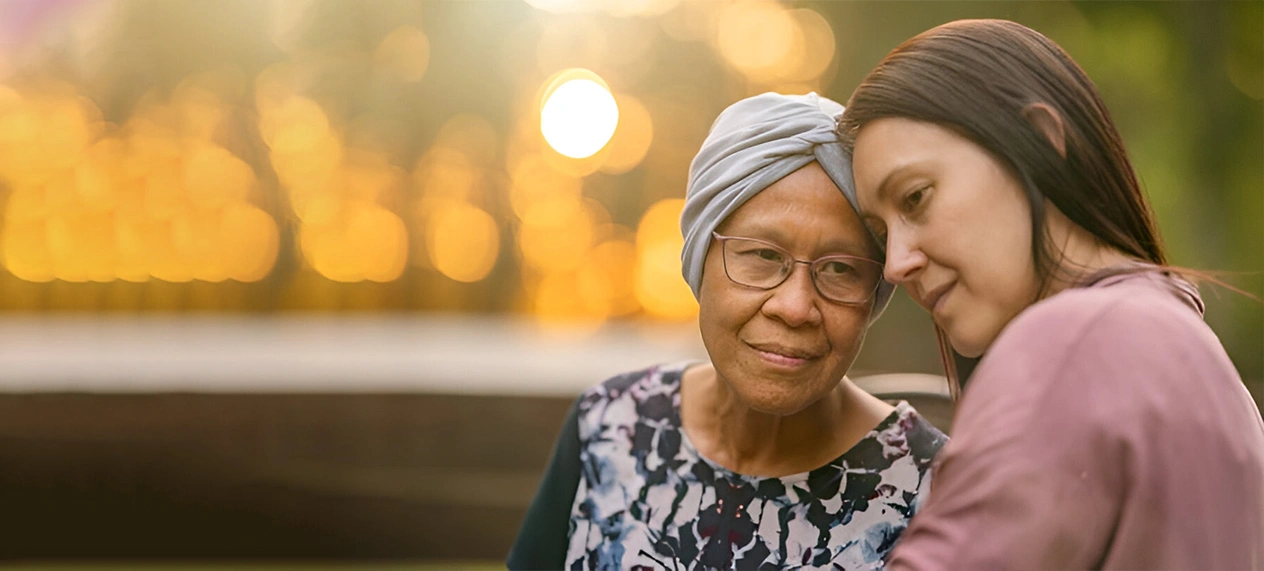
Being diagnosed with cancer is probably the toughest time in the life of anybody. Not just the body but it shakes up a person psychologically and emotionally. Along with medicinal treatments, chemo, and hospitalizations, there's a battle that's usually being battled by cancer patients — the battle within their brain.
When a person hears the term "cancer," it usually evokes fear, worry, and uncertainty. This emotional shock can set off a series of emotions: sadness, anger, fear of the future, or even guilt. It's absolutely normal.
The psychological impact of cancer differs from individual to individual. Some are overwhelmed by the diagnosis itself. Others will be emotionally challenged while undergoing treatment or after they've recovered. Patients may wonder:
These concerns cause emotional distress. It's not surprising that so many people develop cancer, depression or anxiety.
Although it's normal to feel sad when ill, it's essential to know when sadness becomes depression. Some symptoms of depression in cancer patients are:
If you or a loved one experience these symptoms, do not overlook them. Emotional support for cancer patients is as important as physical care.
Read Also: Different Types Of Blood Cancer And Its Treatment
Picture yourself undergoing chemotherapy or radiation, feeling ill and tired, and then also having emotional pain with no one to confide in. That isolation can make recovery even more challenging. Cancer patient emotional support is more than sympathy. It involves:
Read Also: Brain Tumor: An Overview
Stress is universal. But for cancer patients, cancer stress management is a must. As stress accumulates, it can:
That's why learning strategies to reduce stress can actually facilitate physical healing.
These are some easy and effective stress management strategies for individuals undergoing cancer:
Take slow, deep breaths. It calms the mind and releases physical tension.
Stretching, yoga, or a short walk can revitalize body and mood.
Music can be calming, energizing, or simply a good distraction from bad thoughts.
It may be a loved one or a therapist, but talking about your feelings makes the emotional burden lighter.
Writing down thoughts organizes feelings and dispels brain fog.
Being positive isn't about putting on a smile when you're not feeling it. Being positive is about deciding to have hope even on difficult days.
Here are some tips to remain emotionally strong:
These practices can bring light in the midst of darkest moments.
Yes. A solid support system makes a large difference in healing. Here's how family members can assist with mental support for cancer patients:
A warm hug or a kind word can sometimes be more important than medical advice.
Professional assistance is important. Talking to a counselor or psychologist can assist cancer patients in:
Some hospitals actually have psycho-oncology departments that specialize solely in the emotional care of cancer patients.
Mental well-being requires daily maintenance — like taking medication. The following are habits in a day that maintain mental well-being while undergoing cancer therapy:
Above all, be gentle with yourself. This is tough, and you're doing the best you can.